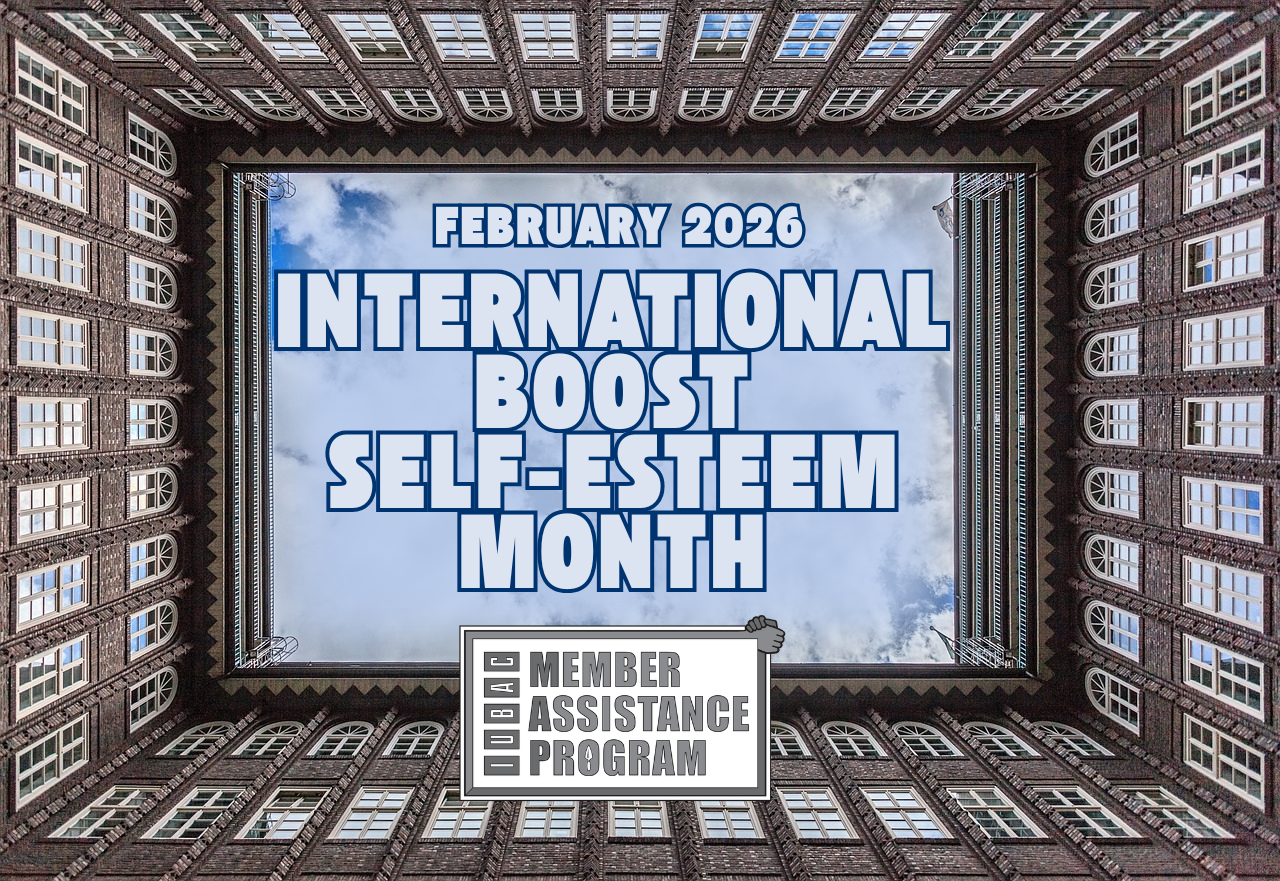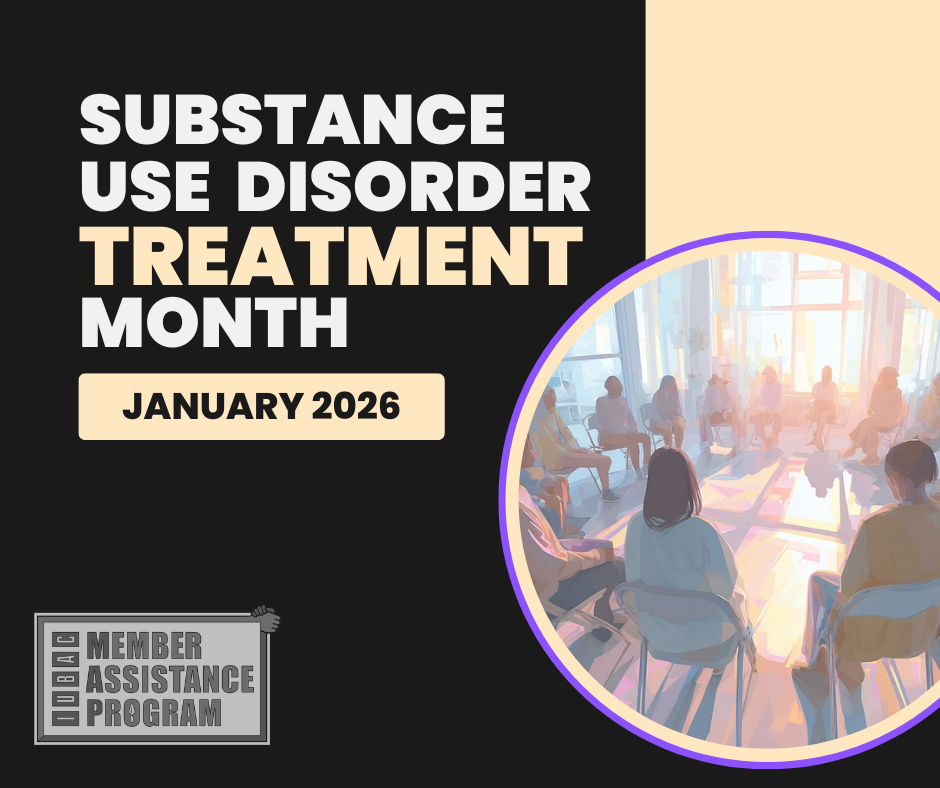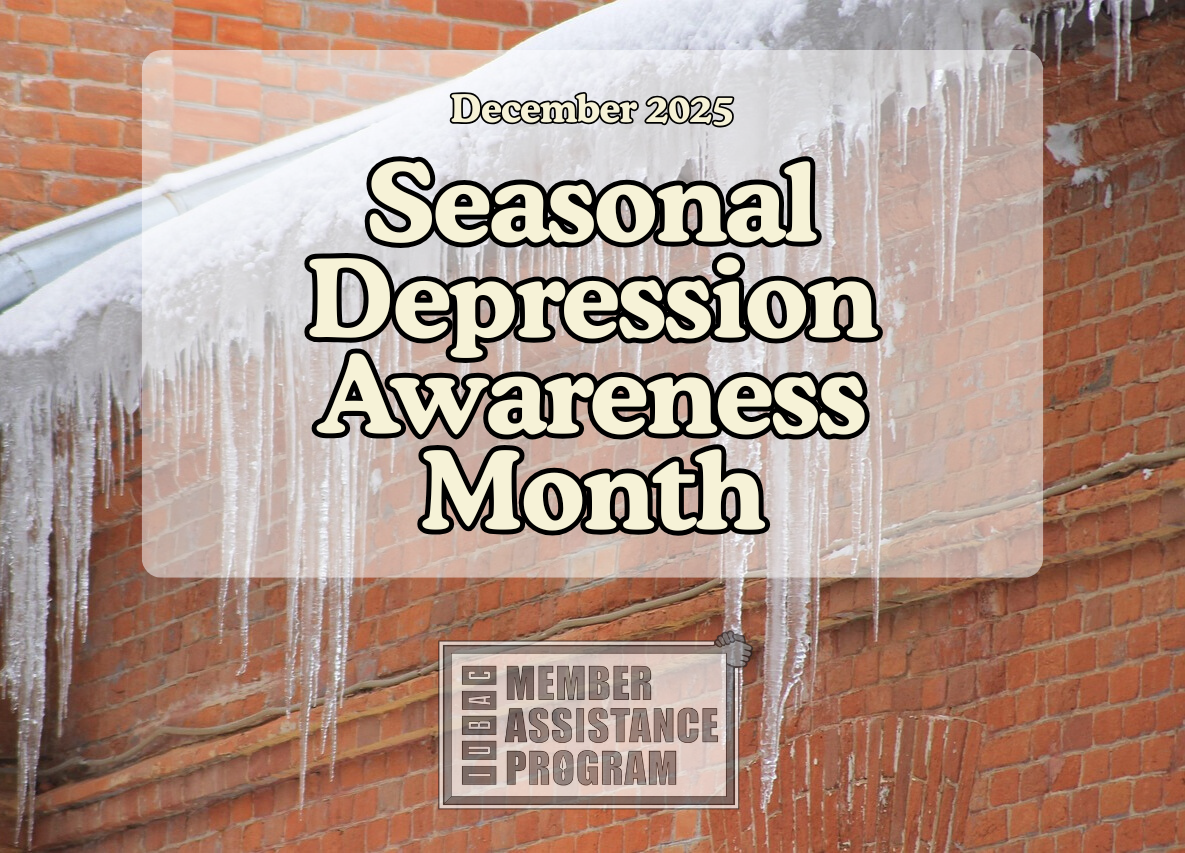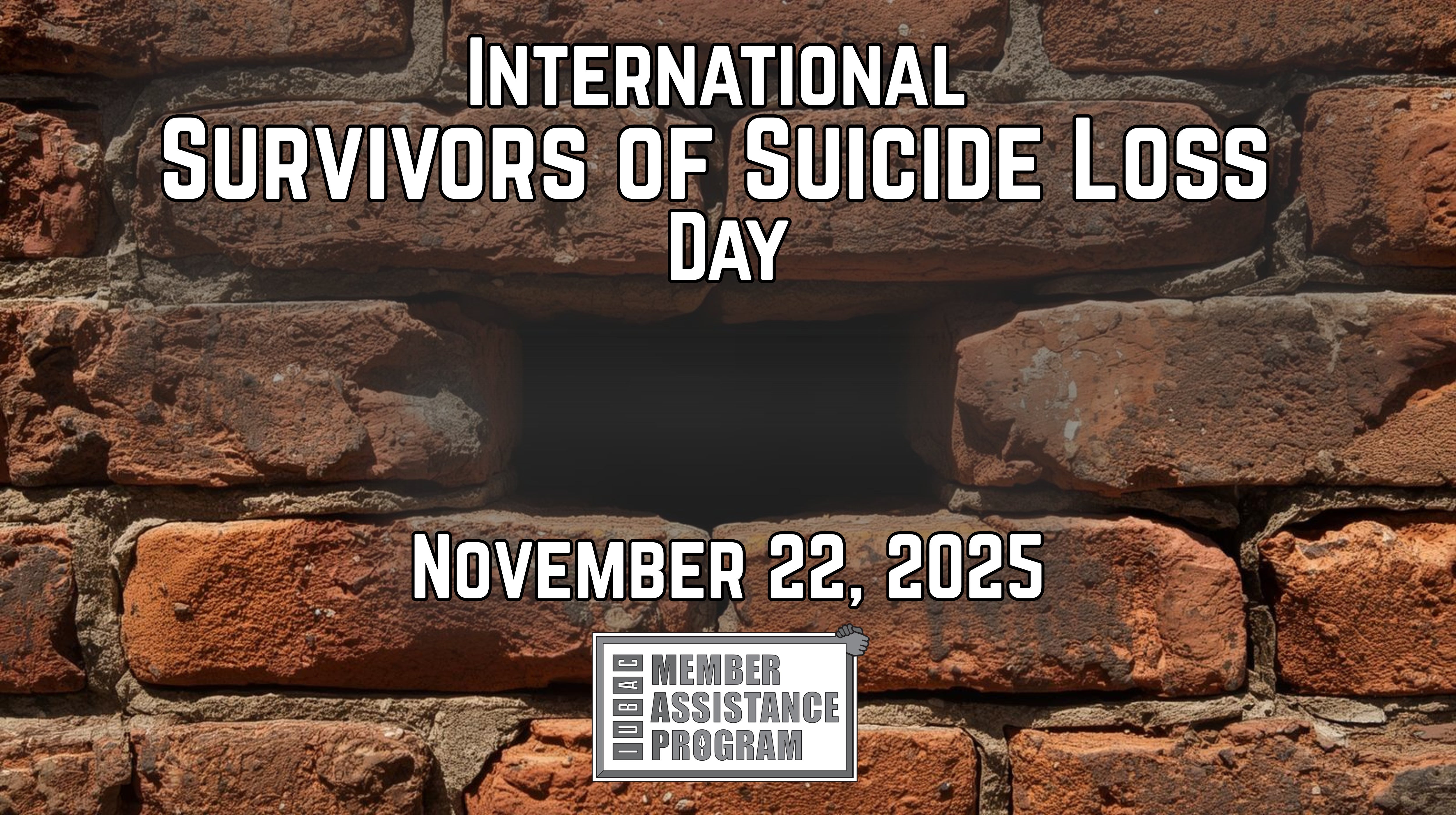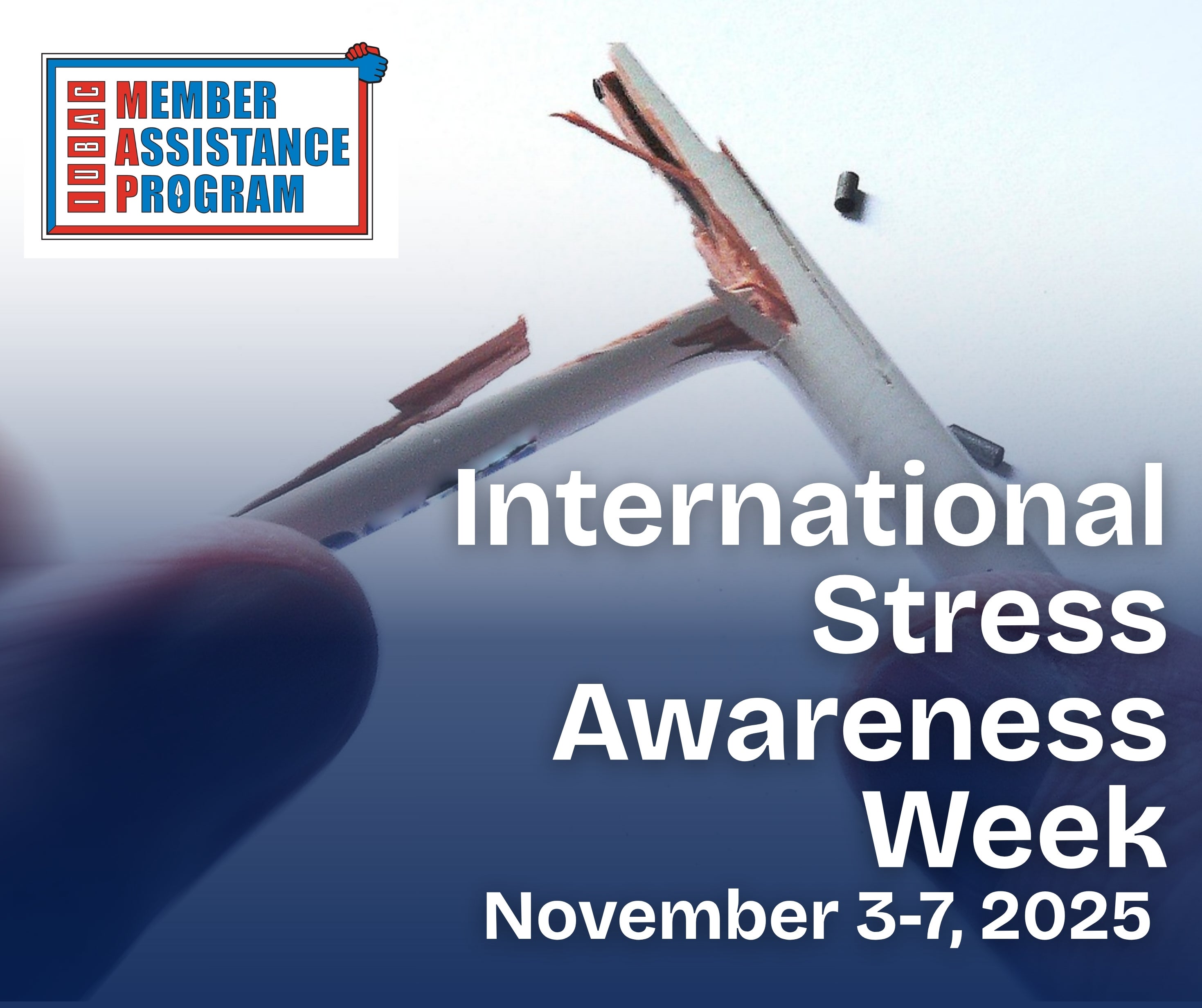February 2026: International Boost Self-Esteem Month
Self-esteem has to do with how you see yourself. Self-esteem is the foundation - if t's cracked, the whole structure can fall apart. When self-esteem is low, you are at higher risk for depression, poor self-care, abusive relationships, negative health outcomes, and more.
Boosting self-esteem allows you to maintain a sense of worth, even through life's greatest challenges. Those with higher self-esteem are more resilient, have a greater sense of purpose and belonging, have better relationships, and generally report higher levels of happiness and life satisfaction.
The Bricklayers' Member Assistance Program (MAP) invites you to put self-esteem on your radar this month. Click here to take a self-esteem screening. Confidentially connect with one of our Department's licensed professionals to further discuss improving self-esteem or anything related to your quality of life and overall wellbeing - we're here to help. You can reach BAC MAP by calling 1-833-MAP-TALK (M-F, 8am-7pm).
If you or someone you know is experiencing a life-threatening emergency, please call 911. You may also obtain immediate 24/7 help from the Suicide and Crisis Lifeline by calling 988.

